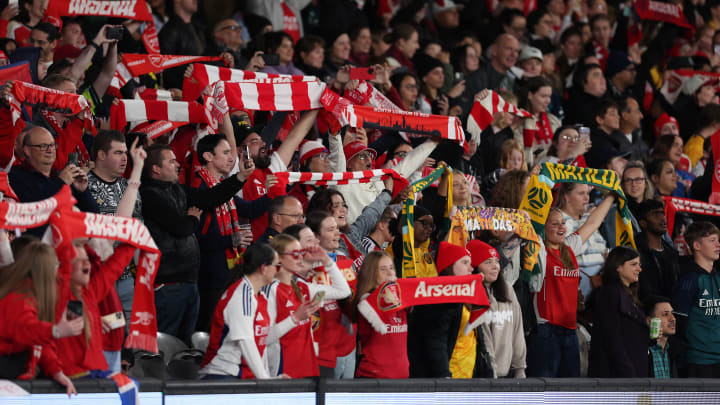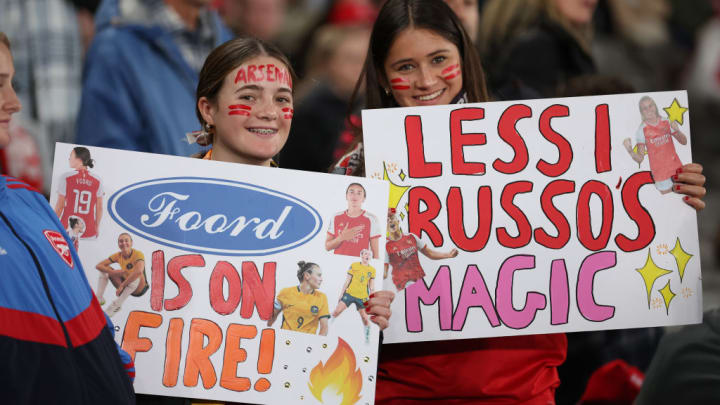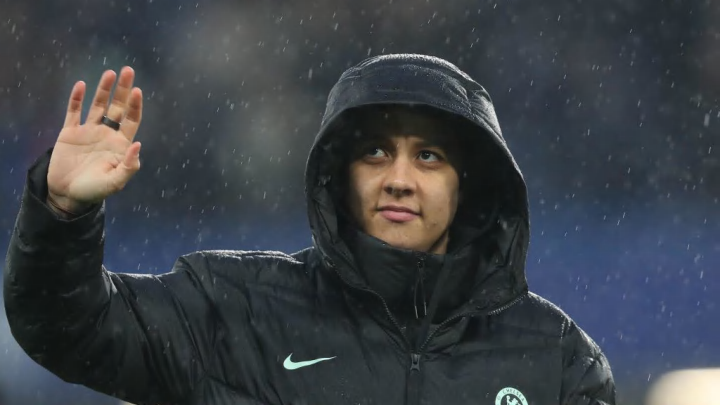- Arsenal and Chelsea are heading to the US this summer
- England boss Sarina Wiegman has criticised tours in the past
- Players slam 'unsustainable' schedules
Arsenal and Chelsea are heading Stateside this summer for a handful of friendly matches as part of their pre-season tours, ahead of the next Women’s Super League season.
The Gunners will be based in Washington DC from 15-26 August, with games taking place against National Women’s Soccer League side Washington Spirit as well as reigning WSL champions Chelsea.
Alongside their clash with Arsenal, the Blues are also jetting to New Jersey to take on NWSL winners Gotham.
Pre-season tours aren’t anything new, but the regularity of them in the women’s game has ramped up in recent years, sparking a debate around the scheduling impact on players.
What is a pre-season tour?
Pre-season competitions usually take place in the summer of the impending season, and see clubs travel abroad to help give themselves exposure, and the opportunity for players to interact with fans.
They are also a major factor in allowing many of the biggest clubs to identify new target markets, and strengthen commercial partnerships helping them to generate financial gains that make up a large chunk of the clubs’ yearly income.
For example, it was estimated that Manchester United men’s team's 2019 tour of Australia generated a total of roughly $16.6m (£13.07m) from promotional exhibition games and tours.
The upcoming tour to the US marks Arsenal Women’s second trip overseas this year, after they flew to Australia in May to play an exhibition match against A League Allstars in Melbourne.
The move saw the Gunners become the first women’s team to make such a move, reinforcing the wider growth and popularity of women’s football.
Women’s football saw a huge surge in popularity down under after the nation hosted the Women’s World Cup last year, so it’s no surprise that the event brought out thousands of fans to help give greater exposure to the women’s side of the game.
Why are they controversial?
Although the benefits of pre-season tours putting women’s football on a global stage can’t be ignored, the timing of fixtures has led to concerns around the welfare of players.
This was seen most recently when Arsenal’s Alessia Russo was named in the squad heading to Australia, which saw her land back in the UK just days before she was due to be playing in a Euro’s qualifier for England.
When the trip was first revealed, Lionesses boss Sarina Wiegman spoke out about her concerns surrounding the negative impact on teams, stating she was “surprised” and felt it was “not good” for players.
Speaking at a press conference, she said: “I was surprised about that trip. I think for all the players, with an already complicated calendar, it’s not good for them to go to the other side of the world.
“It’s very short term, not having the time to adapt and play a game and come back and go for us. I would say for every European player that goes into the qualifiers, that’s a thing that will be hard for them to take, and to perform at the highest level.”
In the end, Leah Williamson and Beth Mead were left out of the squad, a decision welcomed by England fans. However, the Lioness captain has spoken out about the 'unsustainability' of scheduling in the women’s game in the past, and the need for it to improve.
She has explained how players are running themselves ragged with busy schedules, and the frequency of playing has increased the chances of serious injury.
A growing number of players have suffered an anterior cruciate ligament while playing representing their senior team at an international level, including Chelsea striker Sam Kerr, and more recently Arsenal midfielder Victoria Pelova.
I’m by no means suggesting pre-season tours should be cancelled, as the benefit for clubs, players and the wider growth for women’s football speak for themselves, but FIFA and UEFA do need to start taking scheduling more seriously, and prioritising rest.



